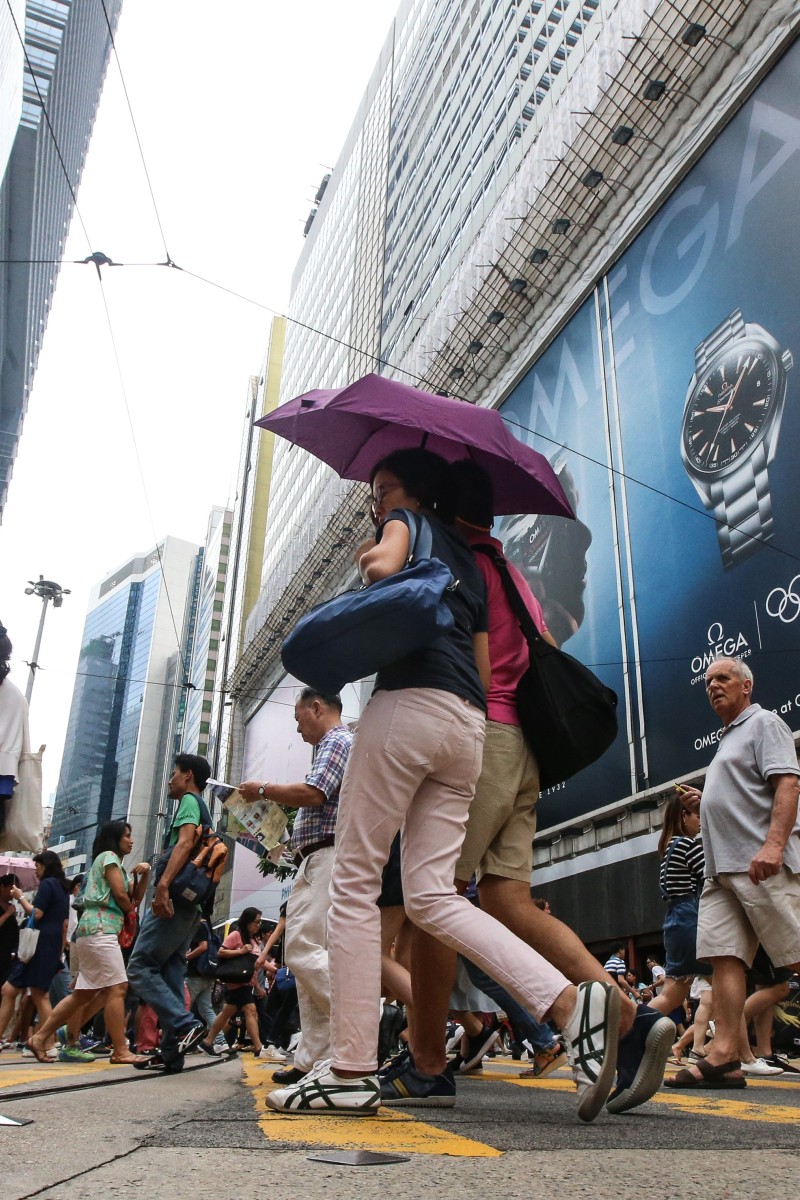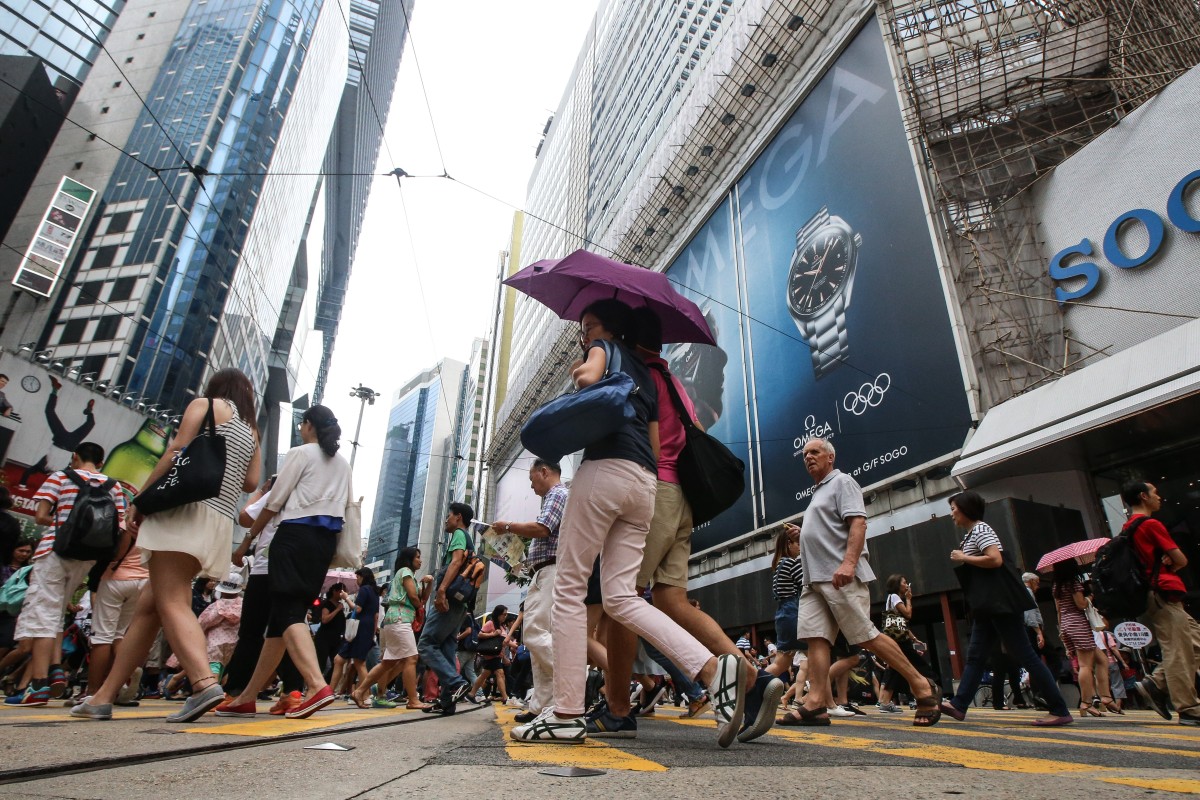
Are HK’s social norms cold, or convenient?
 People in Hong Kong don't stop and just keep walking.
People in Hong Kong don't stop and just keep walking.One marked difference that I have noticed between Hong Kong and the United States is the social atmosphere in public. In Hong Kong, people are generally much “colder”, in that they don’t often engage strangers in conversation, or show much emotion. Before coming to Hong Kong, I was used to giving a smile and a wave to people as I passed them on the street. For example, if I was sitting near someone in a café or at the bus stop, it would be normal to strike up a conversation with them. However, in all my time living in Hong Kong I have never witnessed such an exchange.
Here, it seems I will only speak to someone if I am completing a business transaction with them. And thanks to the ease of an Octopus card, it is now even less necessary to say a word – even in business transactions.
This is not how things are in my home town in the US state of Pennsylvania. I remember one occasion when my friend and I were walking through the city taking some photographs for a project. Three separate people stopped and talked to us, asking us questions about our project and even giving us some useful – yet unsolicited – tips.
However, when I went out on a similar photographic outing in Hong Kong, I wasn’t approached even once – people would just kindly step out of the view of the camera and continue without breaking stride or making eye contact.
I am not saying this is better or worse than the way I am used to. In fact, I think one could argue either way whether or not this practice is good or bad.
On the good side, one could argue that giving strangers their space allows people to go about their day unimpeded. After all, when most people are walking down the street it is because they have somewhere to be. I can see how this social convention benefits those on a tight schedule who simply don’t have the time to be bothered. In a fast-paced city like Hong Kong, time is money, so it makes sense that such a social convention would develop.
But I also believe this social culture can sometimes be detrimental, namely when it comes to helping people in need. There are times where I have been lost, clearly showing signs of confusion, yet nobody stopped to help. Also, especially for those not used to it, this social climate can have a shocking effect. In my first few weeks in Hong Kong, I remember feeling paradoxically alone in the public despite experiences the largest crowds of my life. This feeling made me long for the endearing “human” factor of a smaller-city or rural living.
Overall, I am quite conflicted about the public social atmosphere of Hong Kong. I admire the efficiency and speed of the people here, but at the same time I think that people should be aware of the benefits of human interaction, and how even the smallest greeting can change someone’s day for the better.
Luckily, I don’t believe these two things are mutually exclusive. Why not try to say hello to just one new person, just as an experiment to see what happens? It might slow down your momentum a tiny bit, but who knows? You might be pleasantly surprised with the results.